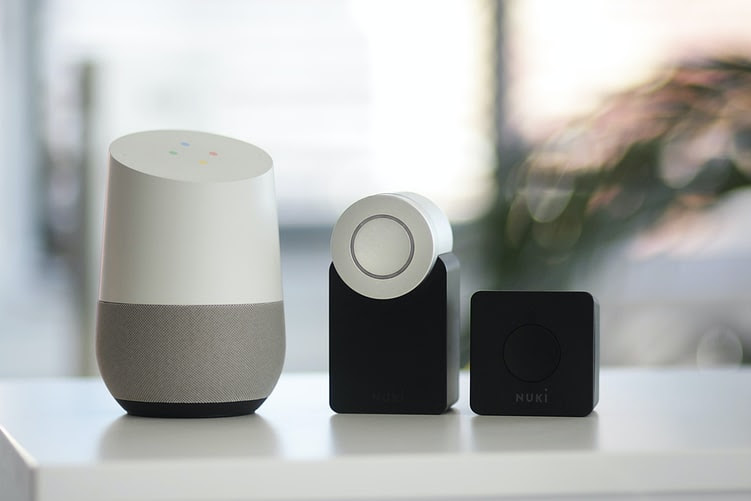The fast-paced culture of this generation is becoming even more mindless about the impacts of their daily need for the internet. Although the connection is an intangible thing, it takes a lot of energy to power it. The internet consumes tons of coal-fired or other sources of energy every day due to its increasing demand all over the world.
On the brighter note, there are good radical things that came from the internet and somehow it contributes to future-proofing the planet. Hence, it’s not all that bad. People’s consciousness is growing, awareness is increasing, and influencing like-minded individuals became convenient.
How to Consume Technology Sustainably?
Practice a Minimalist Slow-Tech Culture
The slow-tech approach is like slow fashion. Gadget minimalism and slow-tech movements are gradually earning a lot of attention from eco-conscious consumers. The “slow-tech” approach is a solution to the rampant growing demand of society for technology that is produced sustainably. Put it simply, the “slow-tech” culture spreads a logical mindset of:
“If you don’t need it, don’t buy it. If you buy it, make it last.”
If each person reduces what they consume daily, it will jumpstart the first step promoting a world that lives sustainably. So buy only the things that you need.

The Minimalist View
The same with the philosophies of minimalists. They live by what is only important and leaving the rest behind. In today’s technology consumption, consumers can share the same value. Some purchase gadgets just because they want the latest and the most efficient gadget there is. However, if each one starts to view gadgets as a necessity rather than a status symbol online or a mere desire for something new due to the discontentment of the old.
Always chasing the latest gadgets is not something of great value in an individual’s priorities. It is nice to have it but it is a luxury that leaves tons of carbon footprint to mother nature.
Quality Over Quantities of Easily Perishable Things

If you buy something, take care of it to make it last. It is another way to help reduce garbage rampantly. However, the root of all these purchases and consistent race for the latest gadgets are the manufacturers and brands that keep the cycle going and stable. It’s not because they’re the only ones to blame but they greatly contribute to the sudden buying behaviours of today’s generation. Hence, the consumer’s mindset and lack of mindfulness towards unnecessary purchases is another influencing factor.
This cycle is toxic to the environment. From the shipping of raw materials, converting, manufacturing the phone, and other freight to reach its designated stores are already too much carbon footprint to leave this planet. Hence, one gadget could mean a stack of harmful footprints that diminishes the chance of the future generation to enjoy a cleaner planet.
Ethically Produced Gadgets
Another thing to consider is how and where the gadget came from. It shares the same concept with ethically produced fashion. Mass producing gadgets or any product, in general, could mean lower quality, shorter life span, and more likely underpaid employees.
Key Points to Remember:
- The materials are ethically sourced. There should be no child labour involved or any other unethical practices in such environments.
- The gadgets must be ethically manufactured. The brand or company must follow the policies that protect their workers from pollution and other harmful radiations from the process of manufacturing.
- The gadget must be built to last and must possess a certain level of quality externally and internally to prolong the life span.
- Recycle the functional parts of your broken phone to promote a circular industry.

Promoting sustainable technology is not a one-way effort. Both sides of the sector must work hand-in-hand to ensure the future of our planet. Consumers must lean towards the need of it rather than the mere desire of fleeting pleasure. On the other hand, manufacturers must shift their operations into a more sustainable practice. Given that they contribute too much pollution every day. Old habits do die hard but taking it day by day one step at a time, the world will surely get there.
